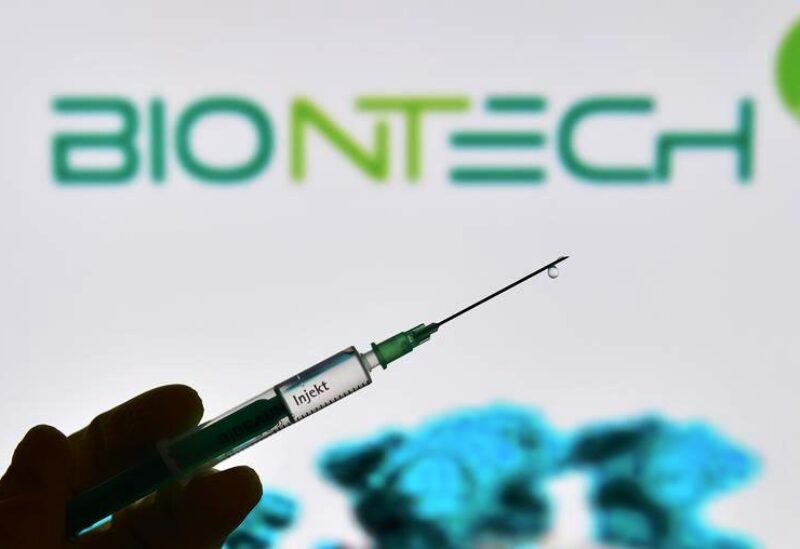Covid jab maker BioNTech said Monday it would build a Southeast Asia headquarters and manufacturing site in Singapore to produce hundreds of millions of mRNA-based vaccines per year.
Construction of the site will start this year, and it could become operational by 2023, the German company said in a statement.
-With this planned mRNA production facility, we will increase our overall network capacity and expand our ability to manufacture and deliver our mRNA vaccines and therapies to people around the world- said BioNTech chief executive Ugur Sahin.
The vaccine produced by BioNTech jointly with Pfizer of the United States became the first Covid-19 jab to be approved for use in the West late last year.
It is now supplying more than 90 countries worldwide, and is expecting to ramp up its production to up to three billion doses by the end of the year from 2.5 billion doses expected previously.
The pace will further accelerate to more than three billion doses in 2022.
The Singapore production site will be the German company's first mRNA manufacturing facility outside Europe, and will have an estimated capacity of several hundred million doses of such vaccines.
Its partner Pfizer operates production sites in the United States as well as in Belgium.
In a bid to raise global production capacities for their Covid vaccine, BioNTech and Pfizer have set out licensing and manufacturing partnerships with other pharmaceutical companies such as Merck, Novartis and Sanofi.
Both BioNTech and Pfizer have argued that the extension of such cooperation is what would help ensure a wider supply of vaccines, and not a patent waiver as the United States has sought.
Messenger RNA genetic technology trains the body to reproduce spike proteins, similar to that found on the coronavirus.
When exposed to the real virus later, the body recognises the spike proteins and is able to fight them off.
US pharmaceutical firm Moderna uses the same technology for its vaccine.
